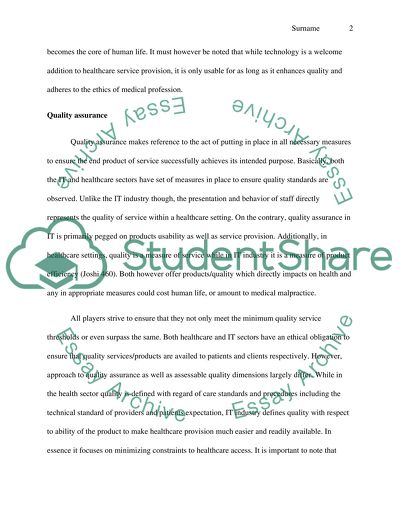Cite this document
(“Role of Healthcare Information System in Quality Service Provision Essay”, n.d.)
Role of Healthcare Information System in Quality Service Provision Essay. Retrieved from https://studentshare.org/social-science/1439117-some-aspects-of-healthcare-systems
Role of Healthcare Information System in Quality Service Provision Essay. Retrieved from https://studentshare.org/social-science/1439117-some-aspects-of-healthcare-systems
(Role of Healthcare Information System in Quality Service Provision Essay)
Role of Healthcare Information System in Quality Service Provision Essay. https://studentshare.org/social-science/1439117-some-aspects-of-healthcare-systems.
Role of Healthcare Information System in Quality Service Provision Essay. https://studentshare.org/social-science/1439117-some-aspects-of-healthcare-systems.
“Role of Healthcare Information System in Quality Service Provision Essay”, n.d. https://studentshare.org/social-science/1439117-some-aspects-of-healthcare-systems.


